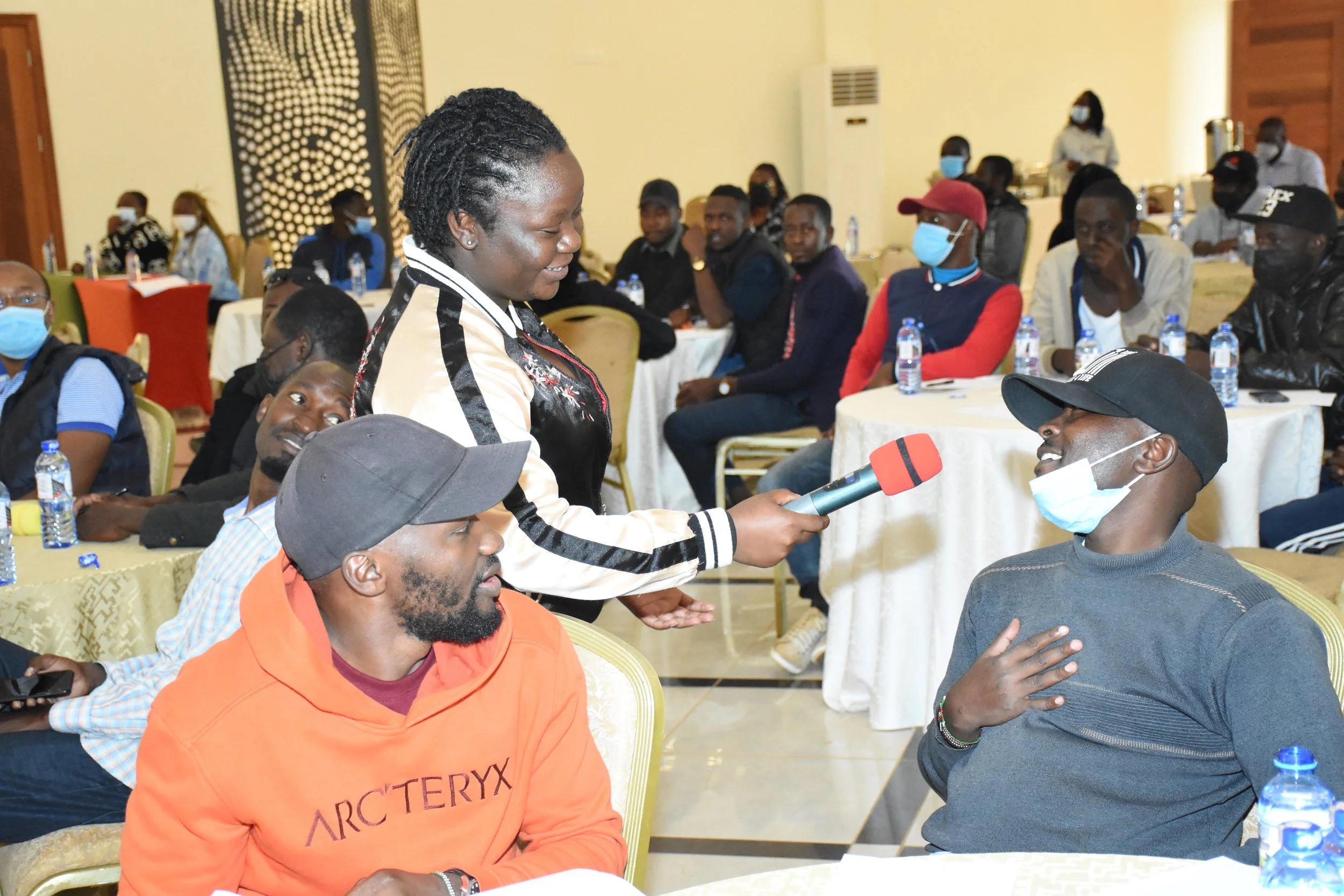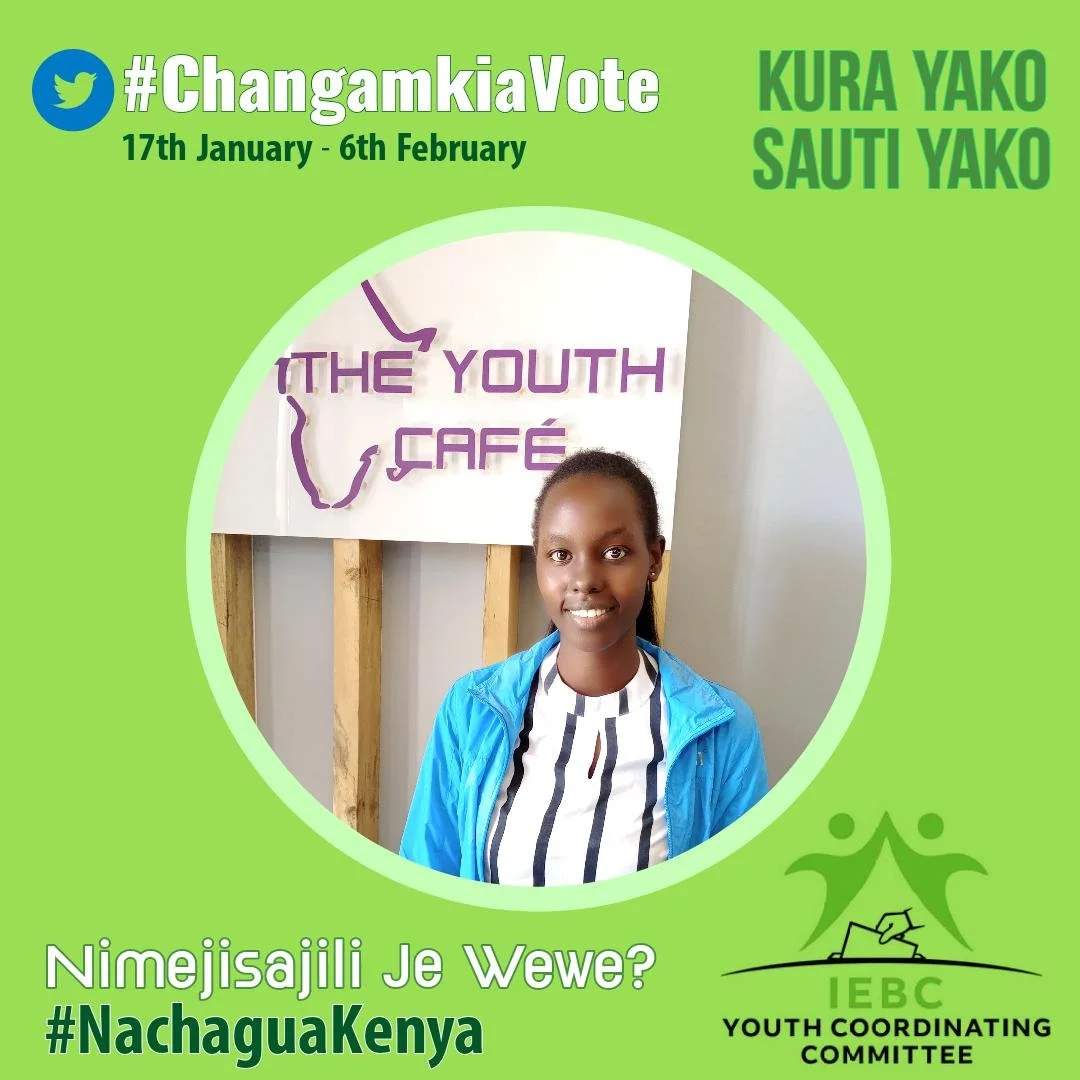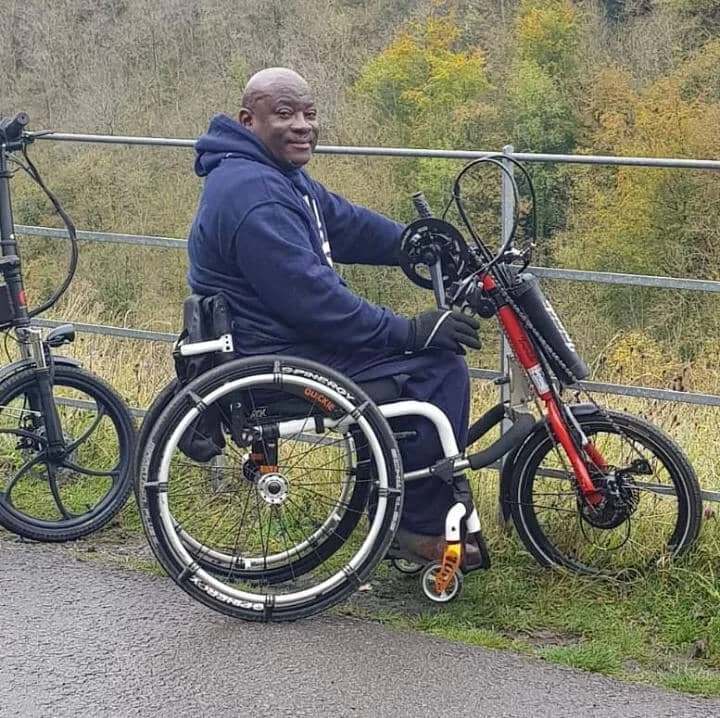The Youth Café (TYC) is one of Africa’s largest convening communities of young professionals, harnessing youth’s participation and expertise in advocacy, policy and research for social impact. TYC engages over 3,500 member organizations, 1,200 subject matter experts, and over 947,000 individuals aged 18-35 virtually from different countries in Africa. On a monthly basis, over 260,000 digital touchpoints are organized. Its broad membership enables TYC to become an incubator and trusted center of excellence for best practices, tools, and standards for youth development.
IDEAS TO ADVANCE LOCALIZATION
This article captures the full range of notes and ideas to address localization challenges, generated by workshop participants during brainstorming and small group discussions. The views and conclusions contained in this article are primarily those of non-USAID participants and should not be interpreted as representing the views, positions, or official policies, either expressed or implied, of the U.S. Government.
Adolescent Well-being
Adolescent well-being is a personal and societal good in its own right, and at the same time, adolescence is a critical period of the life course when many of the factors that contribute to lifelong well-being are, or are not, acquired or solidified. The direct and indirect effects on adolescents’ well-being of the coronavirus disease 2019 pandemic and the responses to it have reinforced the importance of systems being in place to support the well-being of adolescents. But what is adolescent well-being? And how do adolescent well-being and adolescent health relate to each other?
Unlocking Finance To Build Forward Better From The Covid-19 Crisis & Accelerate Delivery Of Sustainable Development.
The African government's economic crisis over the Covid-19 Pandemic equals (1 to 7)% of their GDP, contributed by African Governments deploying fewer funds and measures for high-quality recovery. At The Youth Café, we believe that there is a need for financial education. This will increase unlocking finance to build forward better from COVID-19 and accelerate delivery on Sustainable Development as intended: To identify effective measures to address the overarching challenge of mobilizing adequate and sustainable finance to invest in sustainable recovery from the COVID-19 crisis and accelerate the implementation of the 2030 Agenda and Agenda 2063. To identify and articulate the financing needs and provide high-level insights on opportunities to mobilize finance, focusing on the role of the Liquidity and Sustainability Facility designed and launched by ECA and partners.
How Does The Youth Café Promote Critical Citizenship Among Youth In Kenya?
The Youth Café trains the youth on civic education driven by result-oriented, evidence-based performance, which informs Our Theory of Change: A Pathway for Action, Sustainability, Results, Learning, and Adoption. These changes include institutional changes, service systems, community norms, partnerships, public will, policies, regulations, service practices, business practices, and issue visibility.
The High-Level Global Conference On Youth-Inclusive Peace process | The Youth Café.
The High-Level Global Conference on Youth-Inclusive Peace Process was held virtually on 20-21 January 2022, co-hosted by Qatar, Finland, and Colombia, and co-organized with civil society and UN partners. It began with a Youth Pre-Event on 19 January 2022, leading up to the Global Conference on 20-21 January 2022. The high-level conference aimed to secure national commitments to advance the country-level operationalization of the Youth Peace Security agenda and strengthen political will and commitment to including youth in peace processes. Interactive and action-oriented discussions convened across five themes building on the Youth Peace Security agenda between Heads of State and other High-Level Government representatives, young peacebuilders, and representatives of intergovernmental organizations, CSOs, academia, and donors.
How Can We Get More Young People To Register As Voters.
Acknowledging the dire need for increased youth participation in the electoral process, The Youth Café has been working on ways to get more young people to register as voters. Research by the Office of the United Nations High Commissioner for Human Rights (OHCHR), shows that the youth could be largely categorized in three distinct demographics, classified according to age; with the first demographic being young people aged between 18-24 years, then 25-29 years and 30-35 years. Each of these key demographics will require a different approach to get them to register as voters.
The Youth Café Discussions With The Chief Justice On Social Transformation Through Access To Justice.
In commemoration of the International Day of Democracy, a section of the Civil Societies Organizations, The International Commission of Jurists, International Justice Mission Kenya, Kenya Human Rights Commission, Amnesty International Kenya, Centre of Rights Education and Awareness, Transparency International- Kenya, and The Youth Café held a virtual meeting with the Chief Justice, the president of the Supreme Court, honorable Lady Justice Martha Koome, On September 17, 2021, to deliberate on collaborations and contributions towards the implementation of the Chief Justice’s vision of social transformation through access to justice.
Press Statement : ‘Persons With Disabilities Demand Retention And Enhancement Of Rights As Protected Under The 2010 Constitution’
The Constitution protects all Kenyans from discrimination. Article 10 stipulates human dignity, equity, social justice, inclusiveness, equality, human rights, non-discrimination, and protection of the marginalized as national values and principles of governance. Articles 97 and 98 make express provisions for the representation of persons with disabilities in the National Assembly and Senate. The County Assemblies similarly include legislators with disabilities, pursuant to Article 177 of the Constitution.










